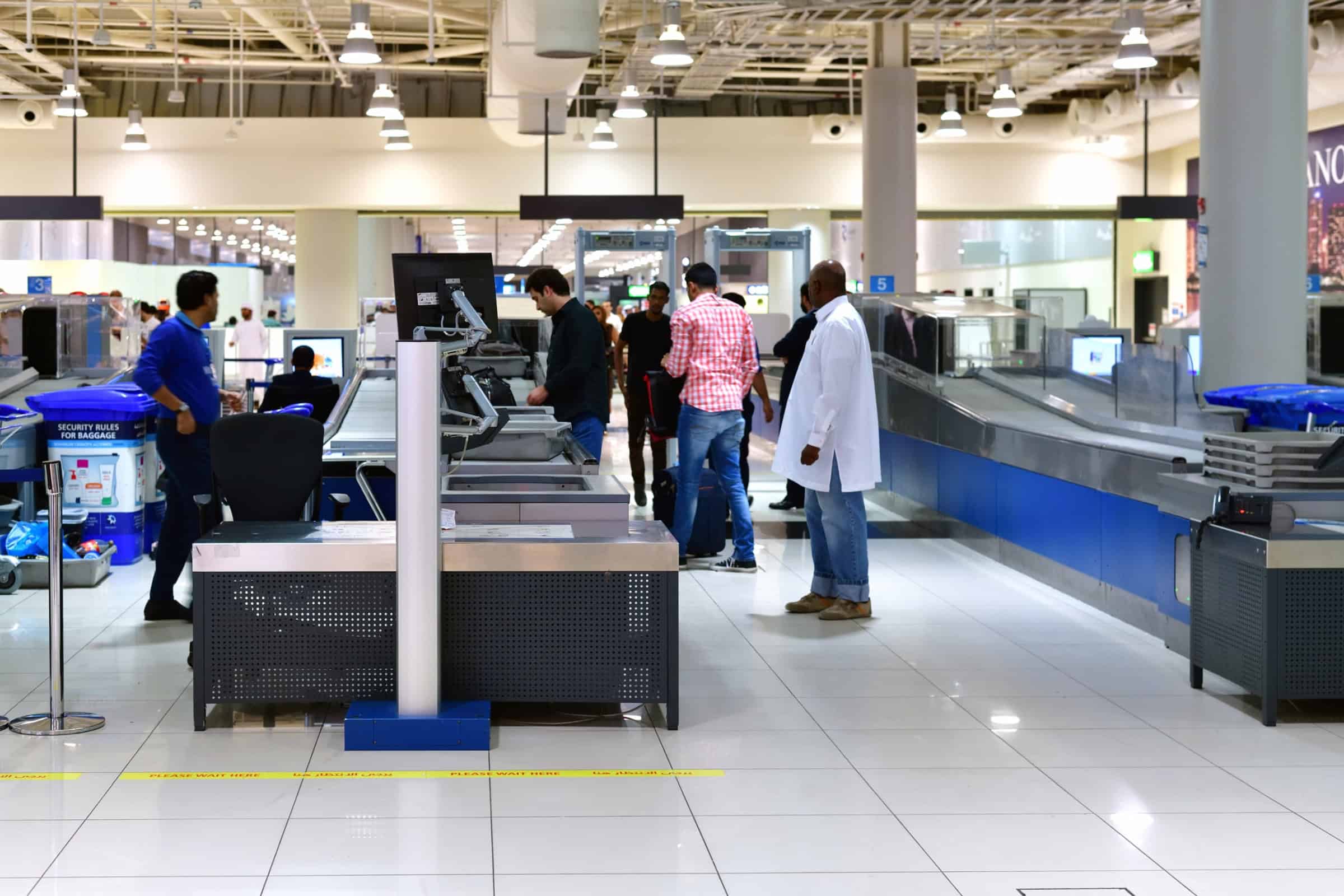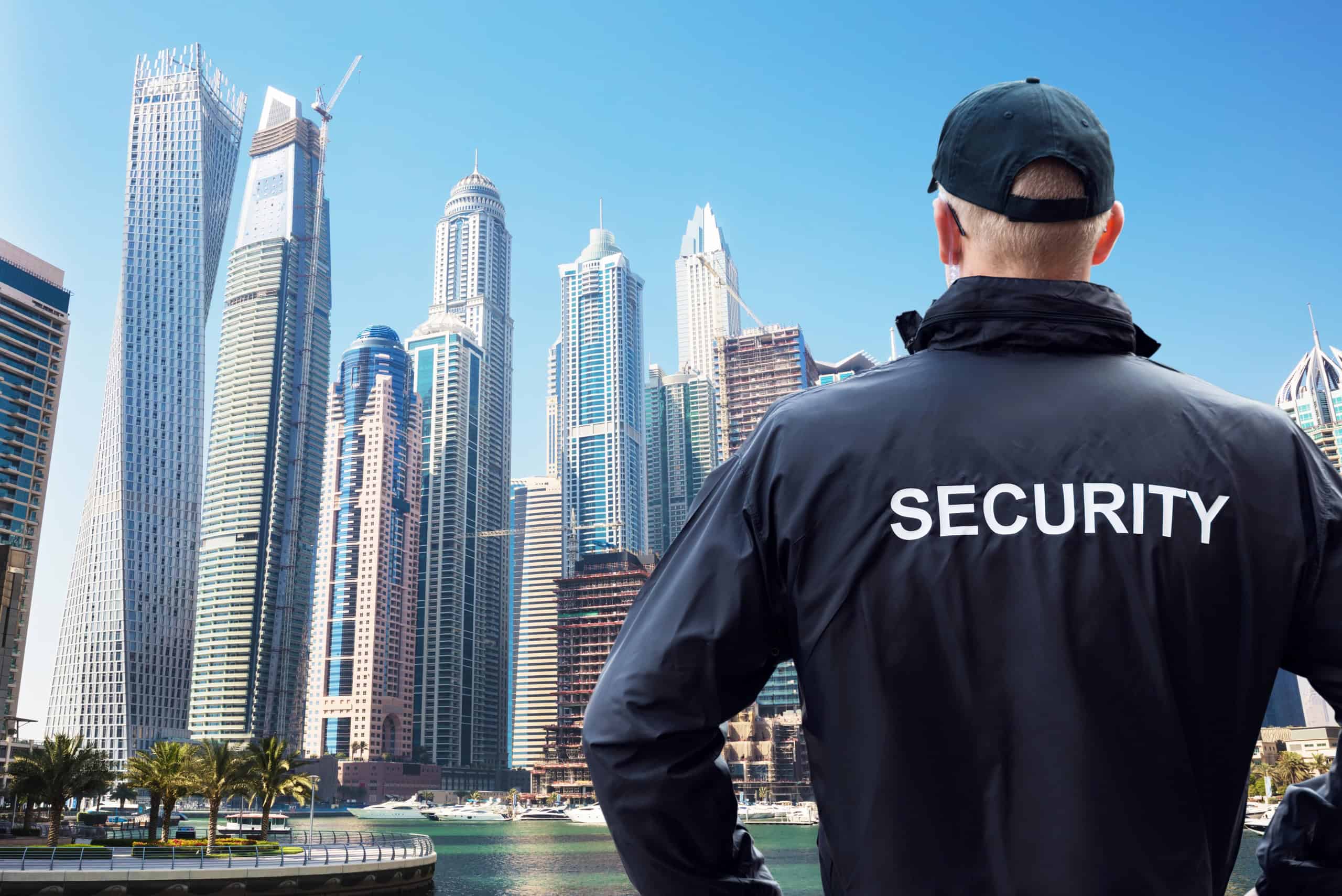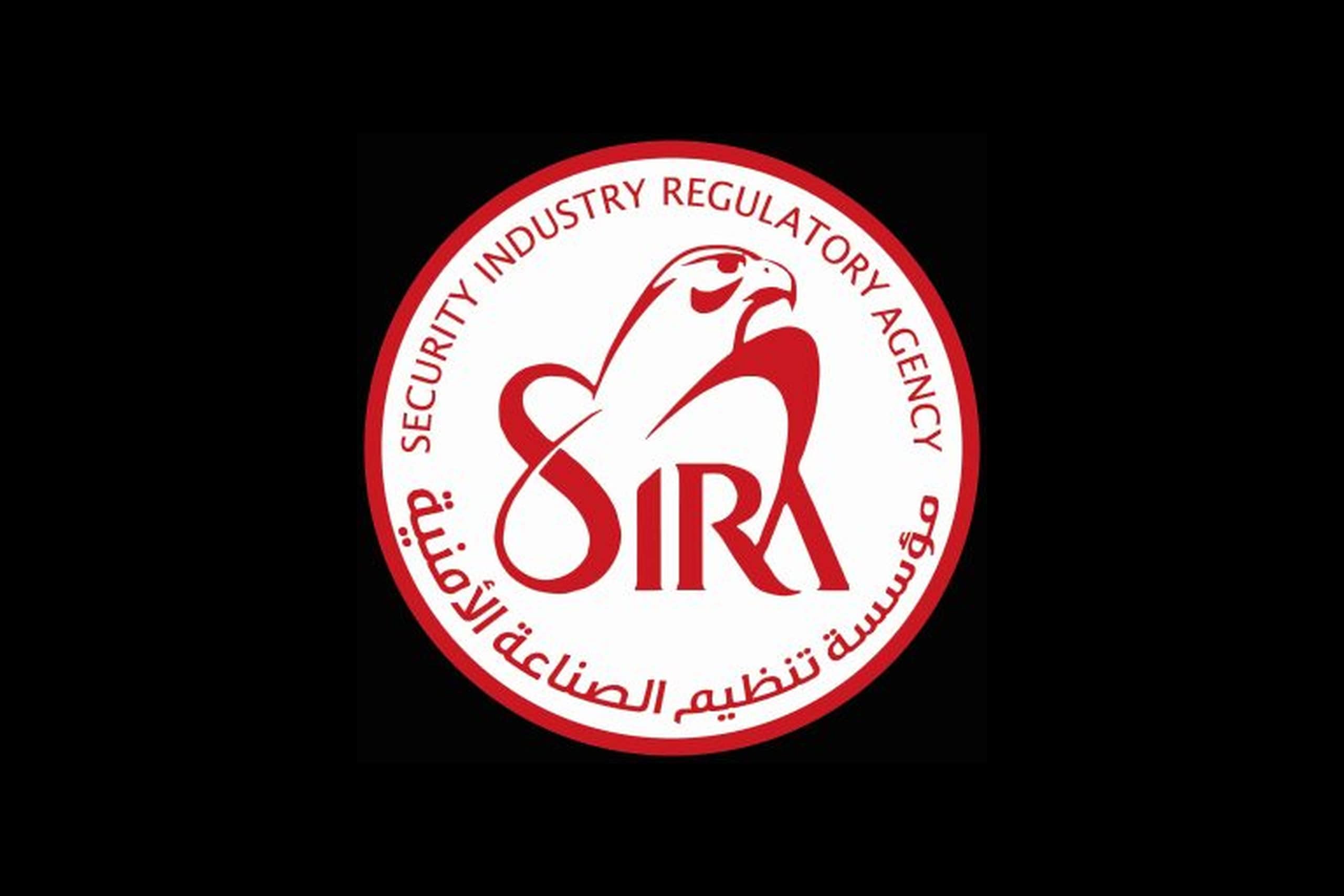As a leading private security company in Dubai, clients often ask us not only about the safety and security of Dubai, but also about security at Dubai International Airport (DBX). Well, DBX is one of the busiest airports globally and it prioritises the personal security of its passengers and staff with utmost importance. In fact, Dubai Airport is renowned for its stringent security measures which ensure the safety of millions of passengers each year. This world-class airport utilises an intricate blend of human expertise and cutting-edge technology to ensure safety and security. Security personnel are spread across the airport and trained to respond efficiently to threats or emergencies. The airport has state-of-the-art security systems, including the most advanced CCTV surveillance. Moreover, rigorous security checks are implemented with minimal inconvenience to passengers, thanks to the use of innovative technologies like biometric scanning and automatic facial recognition.
The Civil Aviation Authority of Dubai manages the overall safety and security of the airport. Pre-screening takes place in all terminals at the entrance of the airport. Iris scanning has been implemented in all UAE airports. The aim of biometric scanning is to prevent previously deported criminals from returning to the UAE using fraudulent documents. Security measures are subject to frequent audits to ensure their efficacy and to adapt swiftly to evolving security threats.
Although, in 2018, Houthi rebels claimed that they had attacked Dubai International Airport with drones launched from Yemen, the risk of terrorist attack at the airport remains low. Dubai International Airport’s robust security infrastructure aims to safeguard all airport users and maintain a smooth, secure travel experience for everyone.
However, although Dubai welcomes tourists from all parts of the world, it is crucial that visitors respect the local laws and customs. This applies to travellers in transit through DXB as much as tourists entering Dubai. Dress modestly, avoid public displays of affection and please remember that public alcohol consumption is a punishable offence. You can only buy and drink alcohol in licensed venues, such as hotels, restaurants and clubs. Also, avoid swearing and making rude gestures in public and online. Although instances of being arrested for offending security guards are very rare, they do happen. Westerners should proceed with caution. Do not argue with security guards or raise your voice, and certainly do not touch them.
In order to seamlessly pass security checks, visitors entering Dubai should also have accommodation booked and paid for before arrival and travel with a complete itinerary and a return ticket to their home country.
Airport security guards use highly sensitive equipment to conduct thorough searches on travellers into the UAE. Dubai has an extremely strict stance against illegal drugs. The minimum penalty for personal use is four years imprisonment. The smallest amounts can trigger an arrest, and having drugs in your blood stream or urine counts as “possession”.
In the airport itself, it is strictly prohibited to take photographs or videos for security reasons.
Goods and Possessions
Similar to all countries, the UAE has regulations regarding items that can and cannot be brought into the country. Every traveller must pass through Dubai Customs. Carrying certain items can result in fines, and in severe cases, imprisonment, such as with narcotic drugs. If you have any doubts about specific items, you should declare them upon arrival. Dubai Airport security is especially thorough. So, visitors travelling to the city should be mindful of the items they carry in their luggage.
Permissible Items
- Passenger’s personal belongings are permitted entry and shall be exempted from customs fees. Permissible items include:
- Still and moving image video cameras with their appropriate tapes, films and accessories for personal use.
- A passenger who is 18 years or older can carry cash, different currencies and traveller’s cheques, but the total amount should be less than Dh60,000.
- Radio systems, combined broadcasting apparatus, CD and DVD players with agreeable quantities for personal use
- Telescopes
- Mobile telephone
- Portable TV sets
- Computers including laptops
- Baby strollers
- Portable music equipment
- Personal sports equipment (should be taken in checked luggage if it can be used as a bludgeon)
- Portable typing sets
- Portable calculators
- Disabled wheelchairs and cars
The above items must be for personal use and not for resale. Also, the passenger should not be a frequent traveller coming in with these goods on a regular basis.
Additional Tips to Passing Dubai Airport Security
- Place loose items such as your mobile phone, wallet, watch, and keys in your hand baggage.
- Keep your laptop in an easily accessible spot, as it will need to be placed separately in a security tray during scanning.
- If your belt has a metal buckle or your shoes have heels, kindly remove them and place them in a security tray.
- Place liquid containers in a clear, resealable plastic bag within your hand baggage. Remember, each liquid should not exceed 100ml. Certain exemptions apply for medication, baby milk/foods, and special dietary requirements during your trip.
- Avoid cardboard boxes as they are manually processed and take longer for Dubai Airport security clearance.
- Remove all previous baggage tags to avoid the rejection of your baggage.
- Never accept anything from other passengers.
Customs Duty
Passengers can bring the following items into Dubai without paying customs duty:
- Gifts that are under Dh3,000.
- Passengers 18 or older can bring less than 400 cigarettes, 50 cigars, 500 grams of tobacco (minced or pressed for pipes), tobacco or mild-tasting tobacco. Passengers will have to pay duty if they exceed the limit.
- Alcoholic beverages and beers should not exceed four litres, or two cartons of beer (each consisting of 24 cans, not exceeding 355ml for each can or its equivalent).
The UAE Federal Customs Authority mentions that the penalty for smuggling could be either fines or imprisonment from 1 month to 3 years, or both fines and prison time, or the confiscation of items and tools used in smuggling, depending on the type of the smuggling crime and smuggled items.
Prohibited Items
Prohibited goods are any items that cannot be carried in the checked or hold luggage without the approval of the relevant authorities. These include:
- All kinds of narcotic drugs, including hashish, cocaine, heroin, poppy seeds, and hallucinogenic pills. Certain prohibited drugs may be imported or exported subject to official approvals.
- Crude ivory and rhinoceros horn
- Gambling tools and machinery
- Three-layer fishing nets
- Original engravings, prints, lithographs (prints made on stone), sculptures, and statues in any material
- Used, reconditioned and inlaid tyres (made of high quality sponge materials)
- Substances that cause radiation
- Printed publications, oil paintings, photographs, pictures, cards, books, magazines, stony sculptures and mannequins that contradict Islamic teachings, decencies, or deliberately imply immorality or turmoil
- Forged and duplicate currency
- Cooked and home-made foods
- Paan and betel leaves
- Live animals, plants, fertilisers and insecticides
- Weapons, ammunition, explosives and fireworks
- Rough diamonds
- Transmitters and radio equipment
- Drones
- Personal motorised vehicles such as hoverboards, Segways and smart or self-balancing wheels are prohibited with or without batteries as checked-in or carry-on baggage. This regulation also applies to connecting passengers in the UAE from an airline that has accepted them.
This list can be updated occasionally to add or remove items. For the latest information, check the official Dubai Customs website.
Permits required
For certain categories of items, or depending on quantities, you may have to get permits from specific departments before flying in.
- Live animals, plants, seedlings, seeds, fertilisers, and pesticides: Ministry of Climate Change and Environment
- Weapons, ammunition, explosives, and fireworks: Ministry of Defense / Armed Forces / Ministry of Interior
- Medicines, drugs, and medical equipment, devices, and tools: Ministry of Health and Prevention
- Media publications and products: Ministry of Culture and Youth
- Nuclear energy products: Federal Authority for Nuclear Regulation
- New vehicle tyres: Ministry of Industry and Advanced Technology
- Transmission and wireless devices: Telecommunications And Digital Government Regulatory Authority
- Alcoholic drinks: Ministry of Interior (Dubai Police)
- Cosmetics and personal care products: Ministry of Industry and Advanced Technology
- Raw diamonds: Kimberley Office UAE
- Tobacco processed cigarettes: Ministry of Industry and Advanced Technology
Items prohibited in hand luggage
- All types of hammers, nails, screwdrivers, and sharp work tools
- Scissors with blades longer than 6cm
- Personal grooming kit (parts longer than 6cm will be confiscated)
- All types of swords, knives and sharp objects
- Handcuffs
- All types of firearms, ammunition, or flare guns
- All types of laser guns and martial arts weapons
- Walkie-Talkies
- Drills
- All types of ropes
- Measuring tapes
- Matches, safety (one small packet) or a small cigarette lighter that does not contain unabsorbed liquid fuel, other than liquefied gas, intended for use by an individual when carried on the person. Lighter fuel and lighter refills are not allowed on a person or in checked or carry-on baggage.
- Sports equipment that can be used as a bludgeon
- Packing tape
- Electrical cables, except for personal trip use
- Chemicals
- Large metallic items
- Compressed gas cylinders
- Car spare parts
- Flammable liquid
- Hoverboard
- Lithium batteries
- E-cigarettes (including e-cigars, e-pipes, electric portable incense burners or other personal vaporisers) containing batteries must be individually protected to prevent accidental activation. They can only be carried in the checked luggage, not in the hand luggage.
- Hypodermic needles (unless you have a medical certificate explaining why you need them).
- High quantities of liquids such as soup, jam, honey, syrups, cosmetics and toiletries, including creams, lotion, oils, perfumes, mascara, lip gloss, sprays, shaving foam, hairspray and spray deodorants, toothpaste, contact lens solution and gels, including hair and shower gel.
- All liquids should be packed inside a clear, re-sealable plastic bag and cannot be more than 100 ml per item. The maximum limit is 1 litre.
Luggage
Dubai Airport has some specific baggage rules.
- All bags should have at least one (1) flat surface.
- There should be no long straps attached to your bags.
- Bags must not have irregular or round-shaped parcels.
- Any bags/parcels that do not comply with these requirements will be rejected at check-in. Also, it is advisable to stick to a flat-bottomed handbag, rectangular suitcase or properly sealed box.
Other bag-related guidelines and laws in Dubai for travellers include the following:
- You are allowed a maximum of two (2) pieces of luggage for international travel.
- The combined weight for your luggage should not exceed 32kgs (might vary according to fare type and airline).
- Your check-in baggage should not be bigger than 90cm long, 60cm wide and 75cm high.
- Check-in baggage that doesn’t comply with size requirements will be checked in as oversized baggage with additional charges applicable.
Medicines
UAE Federal Law No. 4 of 1983 covers the basic requirements for prescribing and supplying prescription medicines, and the UAE government advises tourists to be extra cautious about bringing in certain types of medicines into Dubai. Medicines that are available on prescription or even over the counter in other countries may contain ingredients that are banned in the UAE. So, visitors should apply for an e-Approval for controlled medicines before travelling. Failing to adhere to the regulations could lead to seizure of the medicines or, in the event that they are classified as prohibited, arrest. As an example, consider that Ibuprofen and Panadol, are readily available in the UAE, and you can bring these to and from the Emirates without issue. However, codeine – a common ingredient in pain relief and cold-and-flu medication, is prohibited.
Temporary visitors are allowed to carry up to three months worth of controlled medications. UAE residents are permitted to transport up to twelve month’s supply. However, you have to meet certain criteria: “Passengers should have a prescription from an official hospital or a doctor that clearly mentions the medication and the health status of the passenger. Medications should be kept in their original containers and packaging and expiry dates should be clear on them.” Customs authorities in the UAE regularly update the list of medicines banned in the UAE. so, people visiting Dubai must check the MoHAP website before travelling.
Money
The UAE keeps a close eye on money laundering and suspicious financial activities. As a result, passengers travelling are supposed to declare whether they have large sums with them. Adults over 18 years old may carry a total in cash, travellers cheques and precious jewellery of no more than Dh60,000. Any cash possessed by passengers who are less than 18 years old will be added to what their accompanying guardians carry. You can declare cash and goods easily online. Dubai Customs’ ‘iDeclare’ smart application simplifies the Customs clearance process for passengers by enabling self-declaration of their must-declare commercial goods, personal effects, or cash either pre, or post-arrival at the airport.
Transiting Through Dubai International Airport
Dubai International Airport (DXB) is a connection-heavy facility, thanks to the strong presence of UAE flag carrier Emirates. Transiting visitors go through security checks of documentation and hand luggage is scanned before they reach the transit hall. Checked baggage also passes security checking and it is directly forwarded to the connecting flight.
Prohibited items apply to passengers in transit, not just those intending to enter Dubai.
The information on this page is based on archives and official websites. Please check with the relevant airport and airline before flying to confirm what is allowed and not.
More Information on Private Security in Dubai
Dubai, a bustling metropolis known for its extravagant lifestyle and architectural marvels. However, many private security companies operate in Dubai and this raises questions about…
Read more … Is Dubai Safe? A Comprehensive Guide to Safety and Security in the Emirate
The Security Industry Regulatory Authority (SIRA) in Dubai is a regulatory body responsible for overseeing and maintaining private security standards in the Emirate. Intending to…
Read more … The Importance of the Security Industry Regulatory Authority (SIRA) in Dubai



